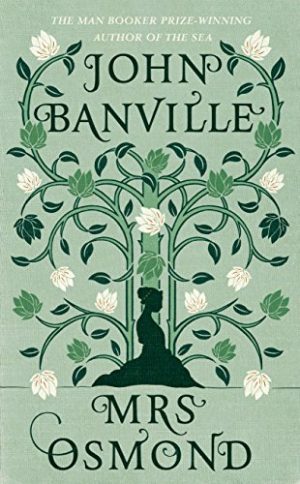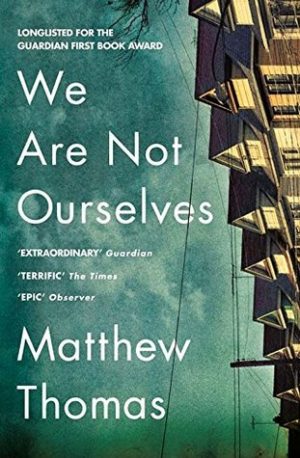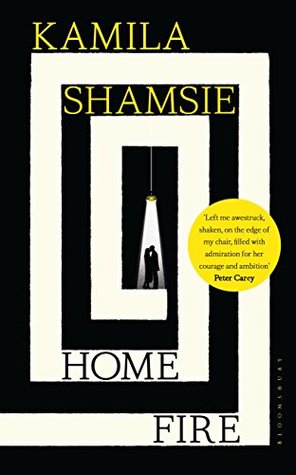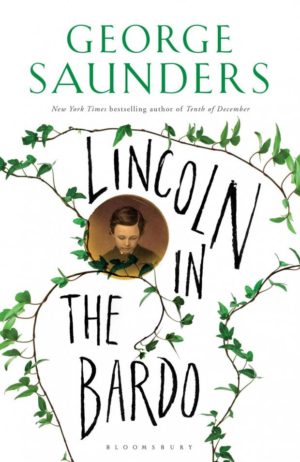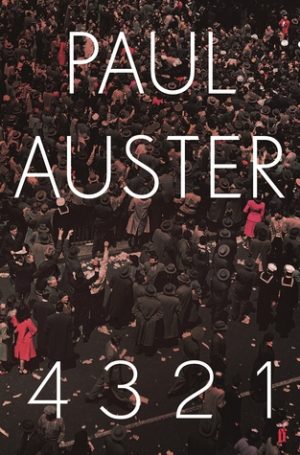
Review by Meg
Lullaby
A psychological thriller about the Mary Poppins from hell
‘The baby is dead. It only took a few seconds.’ The chilling opening line of this hugely hyped thriller about a killer nanny leaves you in no doubt about its horrific ending. And this horrible premise certainly doesn’t make for an easy read. Touted as the next Gone Girl, the first of Leila Slimani’s novels to be translated into English and winner of the prestigious French literary prize, The Prix Goncourt, does Lullaby (American title – The Perfect Nanny) deserve the hype?




